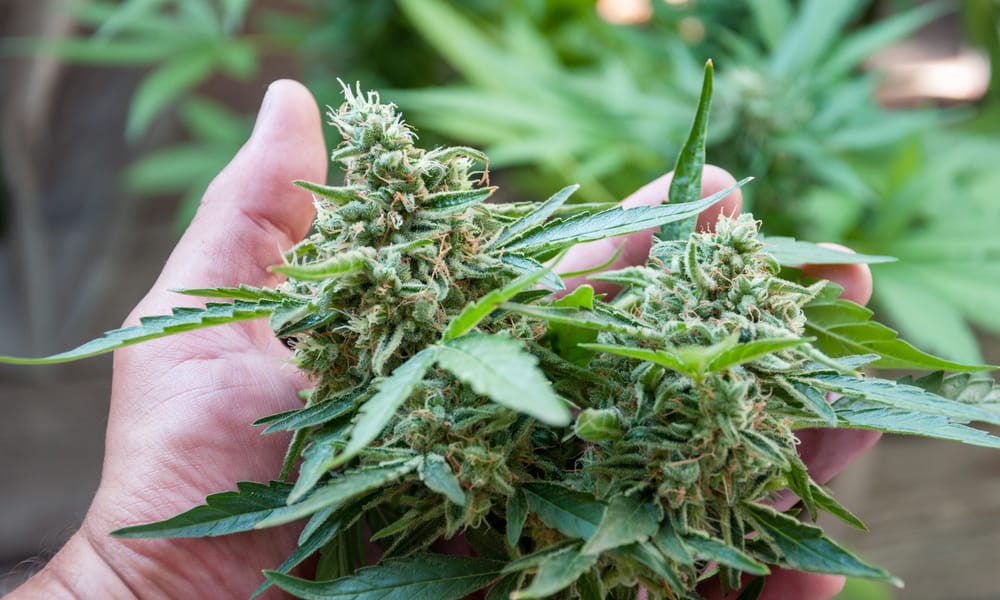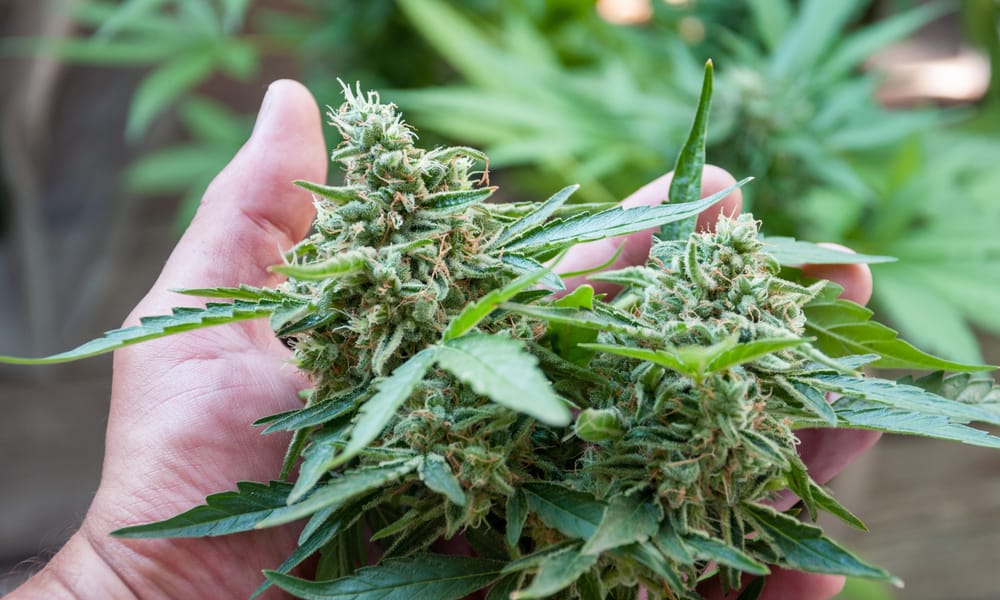
A Colorado cannabis grower has won a lawsuit brought by neighbors who complained that the cultivation operation had harmed them financially. In the suit filed under the Racketeer Influenced and Corrupt Organizations Act (RICO), Hope and Michael Reilly contended that “pungent, foul odors” from the facility had impeded their enjoyment and lowered the value of their adjacent land.
Anti-Pot Legal Strategy
Passed in the 1970s as a tool to fight organized crime, RICO allows civil suits to recover losses from an ongoing criminal enterprise. In 2015, opponents of legalized cannabis began using RICO in states with legal pot, hoping to destroy the new industry with the costs and risks of marketing a product still illegal under federal law.
The Colorado suit was filed in 2015 by the anti-pot group Safe Street Alliance on behalf of the Reillys against cannabis grower Alternative Holistic Healing LLC and owner Parker Walton. The married couple owns “approximately 105 acres of beautiful rolling pasture with sweeping mountain vistas that include views of Pike’s Peak,” according to media reports.
The suit alleged that “growing recreational marijuana is ‘noxious, annoying or offensive activity’ by virtually any definition because marijuana plants are highly odorous, and their offensive smell travels long distances.” Although the Reillys do not live on the property, the suit argued that the smell lessens their enjoyment of the land when they visit for hiking and horseback riding. The Reillys’ attorneys argued that reduced enjoyment and a potential drop in property values constituted a loss recoverable under RICO.
The case went to court on October 29 and after a two-day trial, jurors deliberated for half a day before returning a verdict in favor of Alternative Holistic Healing. Matthew Buck, Walton’s attorney, told local media that the plaintiffs had failed to convince the jury.
“They found that we were not responsible for any of the alleged damages,” Buck said.
He added that had the Reillys been successful, it would have meant the end of Walton’s cultivation operation.
“A loss in this case would have meant the loss of his business,” said Buck.
Future Suits Less Likely
Cannabis law expert and University of Denver law professor Sam Kamin said that while the verdict doesn’t bar similar future lawsuits, it may make them less attractive.
“This isn’t the kind of loss where plaintiffs would be forever forbidden from bringing these kinds of suits,” Kamin said. “But it might chill the enthusiasm for bringing them in the future.”
Vanderbilt University law professor Rob Mikos said that the verdict illustrates the difficulty plaintiffs have proving actual harm.
“There was a thought that this would be easy money,” Mikos said.
Mikos agreed that the case could discourage similar litigation in the future.
“The big takeaway is that the verdict is likely to curb the enthusiasm for bringing these lawsuits in the future,” Mikos said.
California attorney Ken Stratton represents a cannabis cultivator near Petaluma, California that is being sued by eight neighboring homeowners. He believes that growers and other cannabis businesses will see fewer RICO lawsuits heard by a jury.
“I think we’ll see more and more of these knocked out before they go to trial,” Stratton said. “The racketeering law wasn’t meant to litigate land disputes.”











